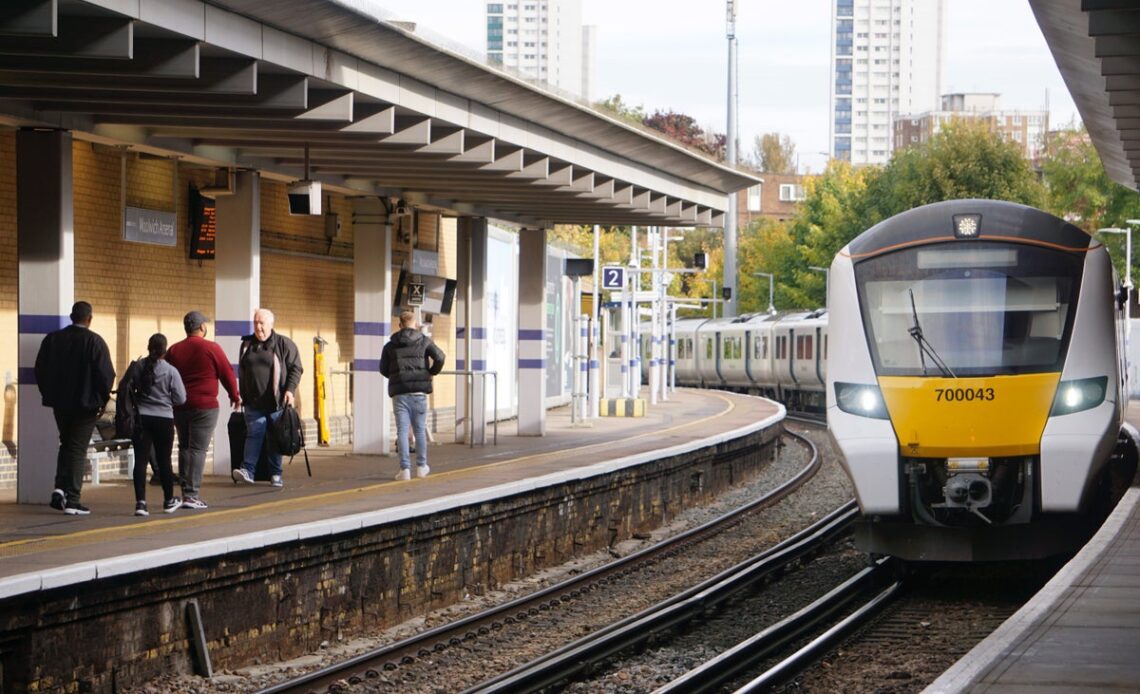Simon Calder, also known as The Man Who Pays His Way, has been writing about travel for The Independent since 1994. In his weekly opinion column, he explores a key travel issue – and what it means for you.
Much has been happening in the realm of the railway this week, most of it negative. Train drivers belonging to Aslef stopped work for another two days in their long and bitter dispute over pay and working arrangements, halting most trains in England. With no apparent hunger for a settlement from ministers or union, I was obliged to write in an article about the Birmingham-London fares war: “It is not advisable to book more than two weeks ahead in case another strike is called.”
Rishi Sunak has decided to scrap the most crucial elements of High Speed 2, replacing one coherent project with dozens of piecemeal plans, some of which were announced ages ago and others appear purely fanciful, such as quadrupling the number of trains from Sheffield to Leeds.
As passengers resign themselves to what seems likely to become a couple of decades of managed decline on the railway, one important aspect of train travel has yet to be settled: Government plans to close most station ticket offices in England.
“The ways our customers buy tickets has changed and it’s time for the railway to change with them” – so says the chief executive of the Rail Delivery Group (RDG), Jacqueline Starr. She represents train operators, most of whom take their orders direct from the Department for Transport.
The RDG says: “The proposals will see ticket office staff transitioning to multi-skilled ‘customer help’ roles – already in place in many parts of the network – where they would be better able to give advice about the best and cheapest fares, advise on journey planning and support customers with accessibility needs.”
In the latest twist on Friday, two disabled rail passengers have applied for a judicial review of the legal process involved, saying the closures could leave many people with disabilities unable to use the rail network.
Sarah Leadbetter, a rail user from Leicestershire who is registered blind, says her guide dog is trained to take her to the station ticket office to seek assistance from staff. “To hold a consultation on taking away this help that fails to hear from those who need it most is totally unfair,” she says.
The RNIB and…
Click Here to Read the Full Original Article at The Independent Travel…
